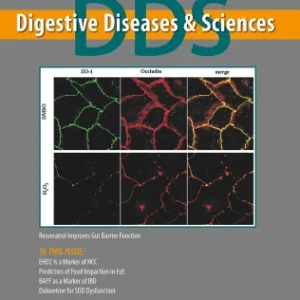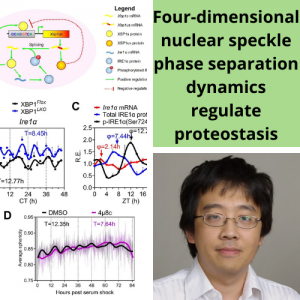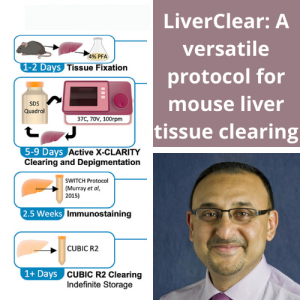
José Altamirano, Hugo López-Pelayo, Javier Michelena, Patricia D. Jones, Lluisa Ortega, Pere Ginès, Juan CaballerÃa, Antoni Gual, Ramón Bataller, Anna Lligoña. “Alcohol abstinence in patients surviving an episode of alcoholic hepatitis: Prediction and impact on long-term survival.” Hepatology. 2017 Jun 23. doi: 10.1002/hep.29338. [Epub ahead of print].
ABSTRACT: Alcoholic hepatitis (AH) is the most severe form of alcoholic liver disease. Most studies have focused on short-term prognosis, while factors associated with long-term survival are largely unknown.
THE AIMS OF OUR STUDY WERE: 1) to determine the impact of complete abstinence from alcohol on long-term survival and 2) to identify prognostic factors at admission capable of predicting abstinence during long-term follow-up in patients with AH. One hundred and forty-two patients with biopsy-proven AH that survived the first episode were included. Demographic, psychiatric and biochemical variables at admission and drinking status during follow-up were obtained. Cox regression, logistic regression and classification and regression trees (CART) analyses were used for statistical analysis. Overall mortality was 38% with a median follow-up of 55 months. During follow-up, complete abstinence was reported in 39% and was associated with better long-term survival (HR 0.53; p=0.03). After adjustment for baseline prognostic scoring systems (MELD and ABIC scores), complete abstinence was independently associated with survival (p<0.05). Age and lack of prior alcoholism treatments were independently associated with complete abstinence (p<0.001 and p=0.02, respectively) during follow-up. CART analysis generated a simple and practical algorithm based-on the combination of prior alcoholism treatments and age. Using CART analysis we stratified 2 subgroups of patients with high (65%) and low (26-29%) rates of complete abstinence after an episode of AH.
CONCLUSIONS: Complete abstinence after an episode of AH positively impacts long-term survival. The combination of 2 variables easily obtained at admission might be useful to predict long-term abstinence after an episode of AH. Strategies aimed at promoting alcohol abstinence in these patients are mandatory. This article is protected by copyright. All rights reserved.









